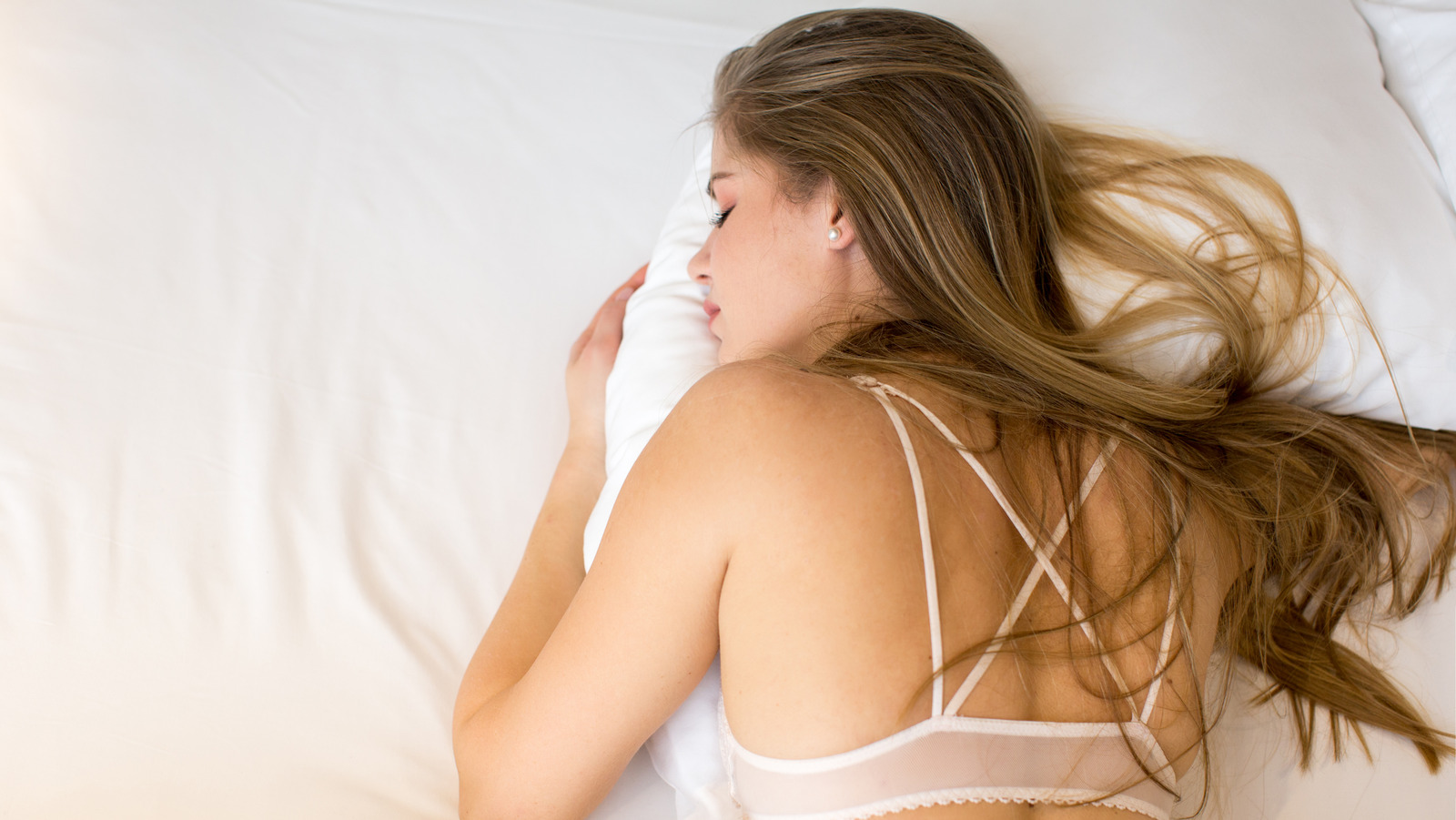Sleep is crucial to our overall well-being, and ensuring a comfortable and uninterrupted slumber is essential. However, opinions vary widely when it comes to sleeping with a bra. Some believe it provides support and prevents sagging, while others argue that it may restrict circulation and impact breast health. In this blog, we will explore the different perspectives and shed light on the potential health implications of sleeping with a bra.
Supporting Arguments
Circulation and Lymphatic Drainage
One concern raised about sleeping with a bra is that it may impede blood circulation and lymphatic drainage. Lymphatic vessels help remove toxins and waste products from breast tissue, and any constriction may hinder this process. However, limited scientific research exists on the direct impact of bra-wearing during sleep on lymphatic drainage. It is worth noting that wearing a tight-fitting bra could potentially restrict blood flow, particularly if the bra has underwires or tight bands.
Breast Health
Proponents of sleeping with a bra argue that it provides additional support, preventing sagging and maintaining breast shape. While it is true that adequate support during the day can be beneficial, it’s equally important to allow the breasts some freedom during sleep. Wearing a bra for long periods, including during sleep, may limit the natural movement of breast tissue, possibly leading to discomfort or irritation.
Personal Comfort
Ultimately, deciding to sleep with or without a bra largely depends on personal comfort. Some women find wearing a bra during sleep more comfortable and supportive, especially those with larger breasts who may experience discomfort or pain without proper support. Conversely, others may find bras restrictive and prefer to sleep without them, allowing their breasts to breathe freely during the night.
Bra Material and Fit
If one chooses to sleep with a bra, it is crucial to consider the material and fit. Opt for a bra made from breathable fabrics that promote airflow, reducing the risk of sweat buildup and potential skin irritation. Additionally, ensure the bra fits properly without being too tight or restrictive, as this could lead to discomfort or even impact breathing patterns during sleep.

Skin Health and Irritation
Sleeping with a bra may potentially increase the risk of skin irritation or dermatological issues. The prolonged contact between the bra fabric and the delicate skin of the breasts can lead to friction, moisture buildup, and even bacterial growth. This can result in skin irritation, redness, itching, or rashes. It is especially important for those with sensitive skin or pre-existing skin conditions to be mindful of the potential risks associated with wearing a bra during sleep. Allowing the skin to breathe freely by removing the bra during sleep can help maintain optimal skin health and minimize the chances of irritation or dermatological complications.
The topic of sleeping with a bra remains a subject of debate among experts. While some argue that it can provide support and maintain breast shape, concerns regarding restricted circulation and discomfort have also been raised. Ultimately, the choice of whether or not to sleep with a bra depends on personal preference and individual circumstances. If a woman finds it comfortable and supportive, it may not pose significant health risks. However, it is essential to consider the material, fit, and potential impacts on circulation and lymphatic drainage. If discomfort or irritation occurs, it may be wise to consider giving your breasts a break and allowing them to experience unrestricted movement during sleep. Remember, maintaining overall breast health is about balance and ensuring you listen to your body’s needs.
Disclaimer: The information provided in this blog is for educational purposes only and should not substitute professional medical advice. If you have specific concerns about sleeping with a bra or any other health-related matter, please consult with a healthcare professional.


